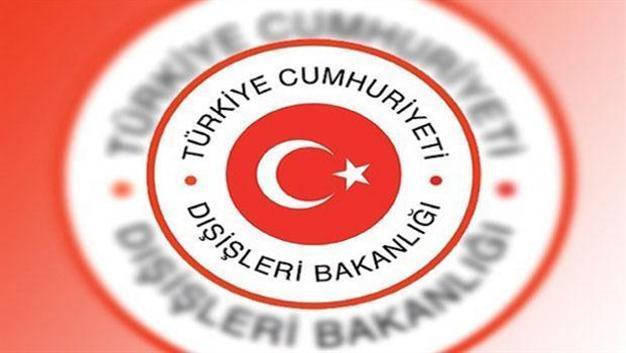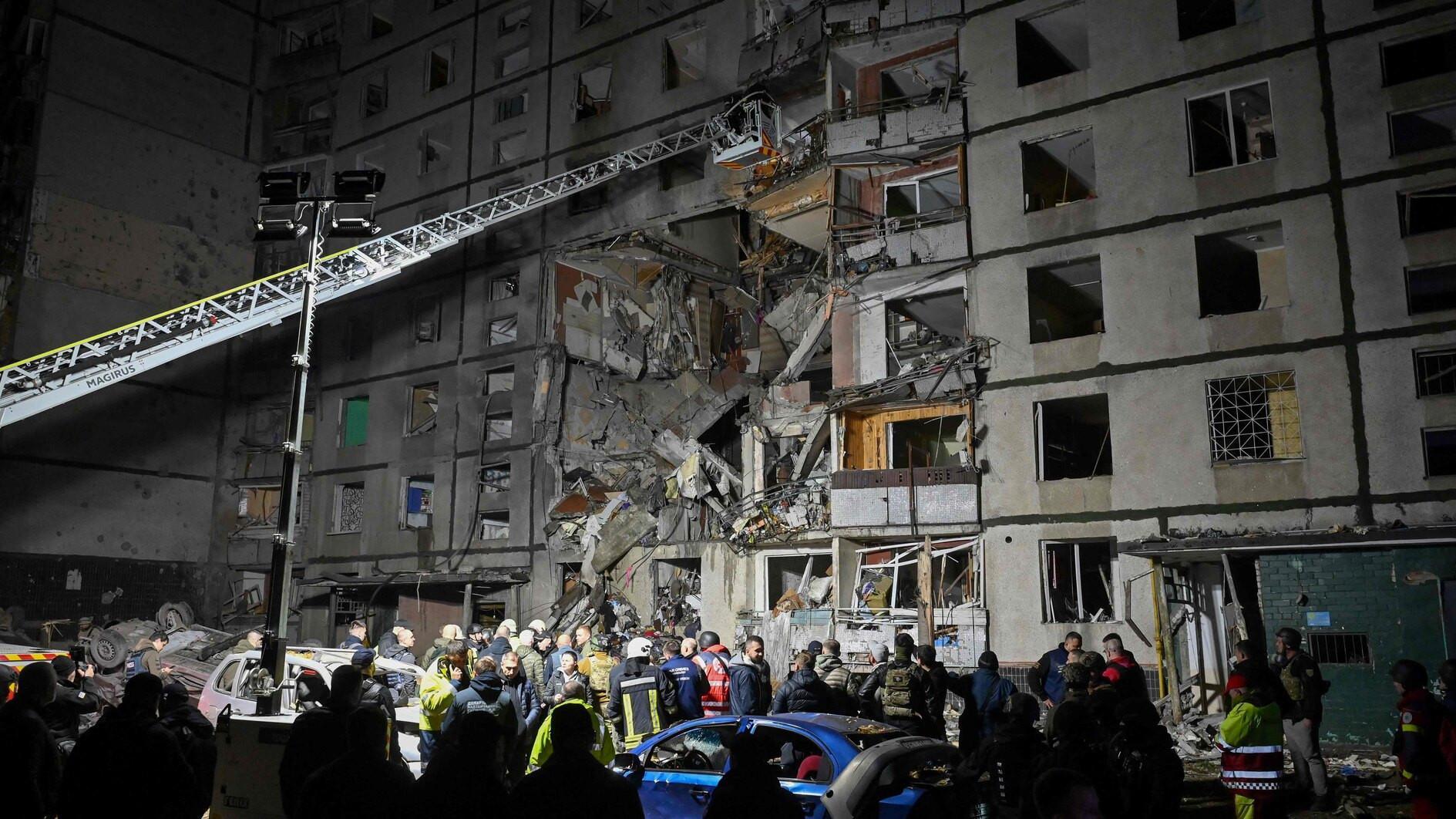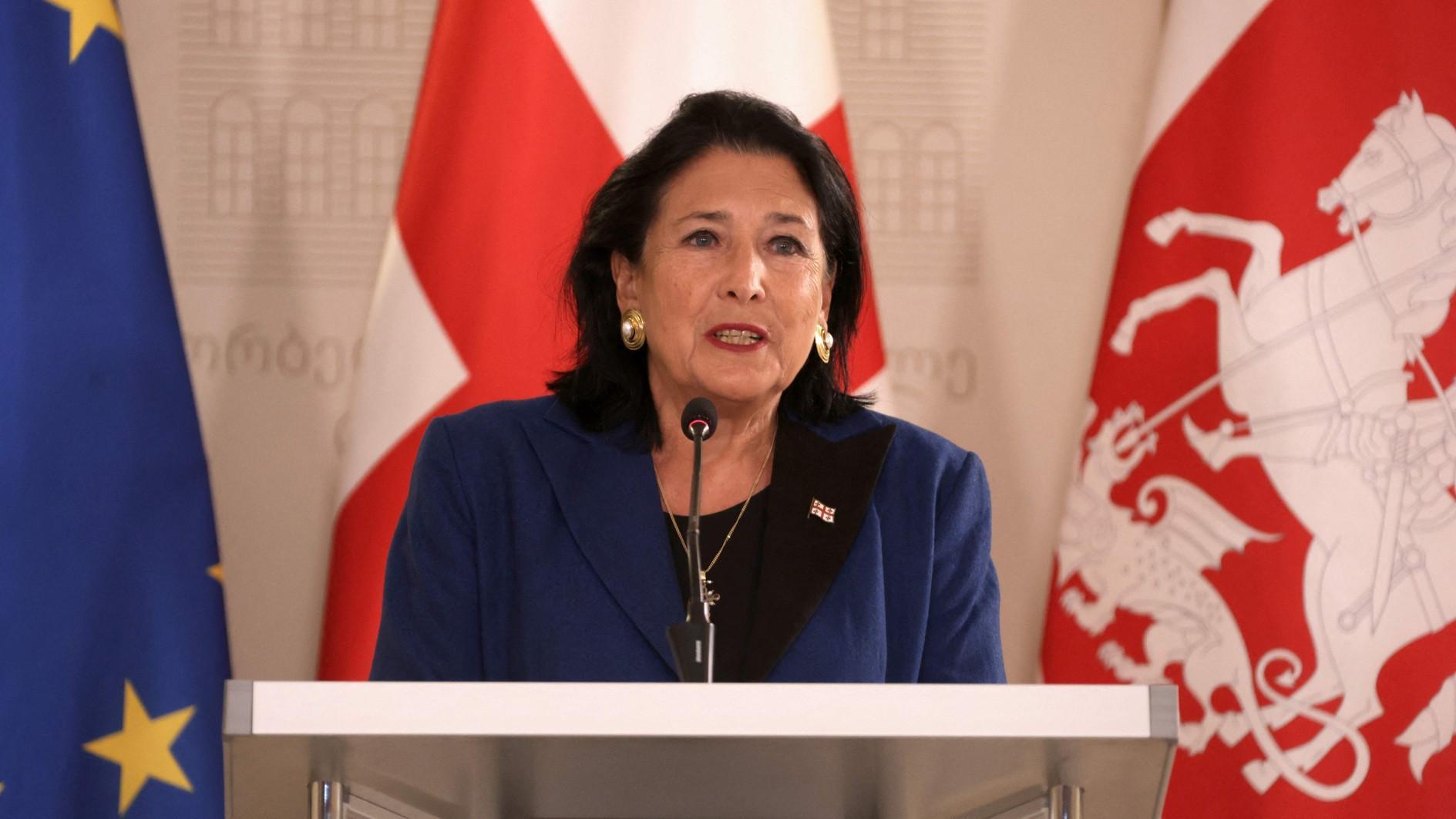Turkey calls for caution from Saudi Arabia and Iran amid rising tension
ANKARA
 Ankara has called for calm and voiced opposition to recent executions, as tension between Iran and its Sunni Arab neighbors reached new heights, with Saudi Arabia and its allies cutting or downgrading diplomatic ties with Tehran following Riyadh’s execution of a prominent Shiite cleric.
Ankara has called for calm and voiced opposition to recent executions, as tension between Iran and its Sunni Arab neighbors reached new heights, with Saudi Arabia and its allies cutting or downgrading diplomatic ties with Tehran following Riyadh’s execution of a prominent Shiite cleric. Turkish Deputy Prime Minister and government spokesman Numan Kurtulmuş said the region “could not sustain such tension.”
“Saudi Arabia and Iran are two major countries of the Muslim world, and we have ties with both of them,” Kurtulmuş told reporters after a cabinet meeting on Jan. 4.
Kurtulmuş emphasized that Turkey, which abolished the death penalty in 2004 as part of its bid to join the EU, was opposed to capital punishment.
“Both countries should leave these tensions behind as soon as possible … The execution of political death sentences will not help regional peace. We are against all kinds of political death sentences,” he said.
“Enough is enough. We need peace in the region,” he stated.
“We need peace in the region. As a country that is friends with both countries, we say they should act with moderation. Enmity between Saudi Arabia and Iran will harm both countries and will harm the region. The people of Iran and Saudi Arabia are our brothers, our friends,” he added.
Kurtulmuş’s remarks were Turkey’s first official statement on the subject, as the fallout continued from Saudi Arabia’s execution on Jan. 2 of Shiite cleric and activist Sheikh Nimr al-Nimr, erupting into a full-blown diplomatic crisis as Riyadh and then Bahrain and Sudan severed relations with Tehran, the main Shiite power.
Saudi Arabia cut ties with Iran late on Jan. 3, giving diplomats 48 hours to leave the country, after protesters set fire to its embassy in Tehran and a consulate in the northeastern city of Mashhad.
Bahrain and Sudan followed suit on Jan. 4, as Moscow offered to act as an intermediary between Riyadh and Tehran.
In a second statement from the Turkish Foreign Ministry on Jan. 5, Ankara called for Iran and Saudi Arabia to be “careful” and use the “language of diplomacy rather than threats.”
In a written statement on Jan. 5, the ministry expressed concern about attacks on Saudi diplomatic missions in Iran, stressing that those premises should be protected by host countries in line with the Vienna Accord.
The Turkish Foreign Ministry described attacks against Saudi Arabia’s foreign missions in Tehran and Mashhad as “unacceptable,” adding that strains between the two countries should not negatively influence the security, stability and peace of the region.
Prime Minister Ahmet Davutoğlu also said on Jan. 5 that Turkey strongly condemned the attacks against Saudi Arabia’s diplomatic missions in Iran, saying only “common sense” could defuse tension in an already burning region.
Davutoğlu added that Ankara was ready to play a “constructive role” between the two parties.
“Regardless of the reason, attacks on diplomatic elements are unacceptable,” he said in his party’s group meeting at parliament.
“Iran and Saudi Arabia, countries that Turkey sees as friends and allies, are two states of the Islamic world. The escalating tension between the two has the potential to increase existing areas of antagonism in the region,” Davutoğlu added.
Turkey is doing its best to ensure peace in the region, Davutoğlu said calling for a solution as soon as possible.
As Turkish ties with Riyadh have warmed, Ankara’s relations with Tehran have grown tenser, notably over Iran’s role in Syria – where the Islamic republic supports Bashar al-Assad’s government – and over its burgeoning relations with Russia.
In December, President Recep Tayyip Erdoğan visited Riyadh for talks with King Salman as well as key decision-makers, Crown Prince Mohammed bin Nayef and Deputy Crown Prince Mohammed bin Salman.
The United States and other Western nations also urged calm, amid fears the dispute could derail efforts to resolve conflicts across the Middle East, from Syria to Yemen.
It has also raised concerns of an increase in sectarian violence, including in Iraq where two Sunni mosques were blown up overnight.
The United Arab Emirates also downgraded its ties, recalling its envoy from Tehran and reducing the number of its diplomats in the country.
Sunni Arab nations accused Tehran of repeatedly meddling in their affairs, with Saudi Foreign Minister Adel al-Jubeir saying that “Iran’s history is full of negative interference and hostility in Arab issues.”
Iran and Saudi Arabia are on opposing ends of a range of crucial issues in the Middle East, including the war in Syria, where Tehran backs al-Assad’s regime and Riyadh supports rebel forces, and Yemen where a Saudi-led coalition is battling Shiite insurgents.
















